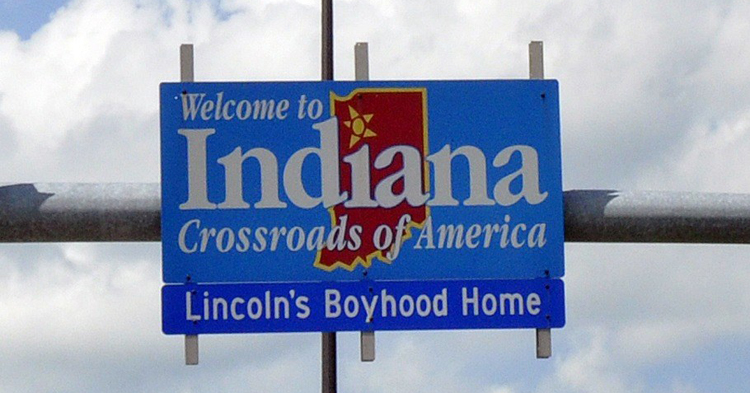States are making it clear to the fantasy sports industry; if you want to play in our state you have to pay the price. Intended to lend to the legality of the games, new legislation may actually prevent smaller fantasy sports companies from doing business in some states, including the Hoosier State.
Joining a growing list of states, on Friday, Indiana Governor Mike Pence signed a bill which allows fantasy sports to be regulated by the state’s gambling commission. The bill also allows for the state to charge the companies a one-time licensing fee of $50,000 in addition to an annual renewal fee of $5,000. Earlier this month in Virginia, a similar law was signed, and legislation resembling that measure is being considered in other states. For instance, New York is making companies reach deep into their pockets and is proposing an initial fee of $500,000.
In July when the new law takes effect, the Gaming Commission will have the authority to oversee companies that offer games where participants compete for cash prizes online by building rosters of real-life athletes. The new law requires players to be 18 or older and prohibits college, or high school-based contests, according to the Associated Press. Proponents of the law say it’s necessary to ensure the state’s estimated 1 million residents playing fantasy sports games are competing in fair contests. Opponents argued that fantasy sports games are gambling and shouldn’t be legalized.
The industries two leading daily fantasy sports companies, DraftKings and FanDuel, oppose high fees and say they are looking out for the entire industry. They have not, however, made fighting such expense a priority. Smaller companies say their business could be devastated by the fees. Rishi Nangia, a co-founder of Syde, a Virginia-based startup fantasy sports provider said ultimately legislation such as this will create a market controlled by the industries two major players.
While season-long fantasy sports leagues have been around since the early 1960’s, daily fantasy sports, an accelerated variant, is a more recent creation. Partnered with some pro sports teams and leagues, FanDuel and DraftKings, generally offer daily or weekly contests, with payouts being so big that it’s some people’s only source of income. An extreme example, DraftKings is offering a total of $4 million, including a $1 million first-place purse, in a fantasy golf competition.
The larger companies are prompting state lawmakers to adopt legislation that would legalize and define fantasy sports in such a way that it’s not considered gambling in exchange for acceptance of certain regulations. While bills have been introduced in most states, Indiana and Virginia are the first to send their governors regulatory proposals.
Unless something changes by the time the law in Virginia takes effect on July 1, Syde’s Nangia said his company will no longer offer games in its home state. In a letter to Virginia Governor Terry McAuliffe earlier this month, four other smaller, season-long fantasy sports websites echoed that.
Fantasy Sports Trade Association chairman, Peter Schoenke, said his members do not want to limit competition. He noted that the industry pushed a sliding scale registration fee in Florida, where a bill died this month, so that smaller companies wouldn’t be subject to the proposed fee of $500,000.
In an email to the Associate Press, FanDuel spokeswoman Justine Sacco said, “There may be some requirements that not all operators — perhaps even us — will celebrate, but for the long-term growth of the industry we will continue to work with lawmakers and regulators so that the entire fantasy industry can continue to innovate and operate.”



